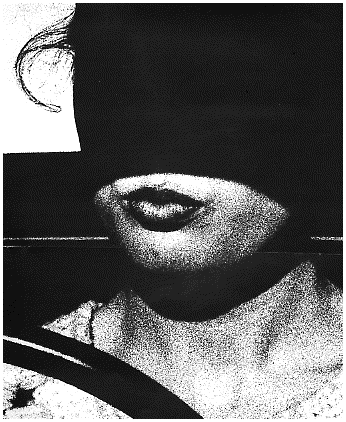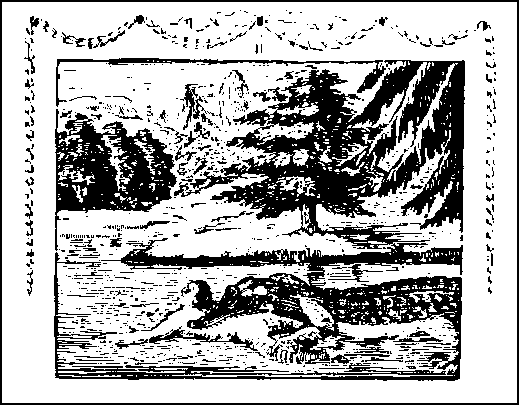Mother

But if she had simply brought us home again to the high frame apartment building with the scaffolding of stairs, I would not remember her that way. Her eccentricities might have irked and embarrassed us when we grew older. We might have forgotten her birthday, and teased her to buy a car or to change her hair. We would have left her finally. We would have laughed together with bitterness and satisfaction at our strangely solitary childhood, in light of which our failings would seem inevitable, and all our attainments miraculous. Then we would telephone her out of guilt and nostalgia, and laugh bitterly afterward because she asked us nothing, and told us nothing, and fell silent from time to time, and was glad to get off the phone. We would take her to a restaurant and a movie on Thanksgiving and buy her best-sellers for Christmas. We would try to give her outings and make her find some interests, but she would soften and shrink in our hands, and become infirm. She would bear her infirmities with the same taut patience with which she bore our solicitude, and with which she had borne every other aspect of life, and her silence would make us more and more furious. Lucille and I would see each other often, and almost never talk of other things. Nothing would be more familiar to us than her silence, and her sad, abstracted calm. I know how it would have been, because I have observed that, in the way people are strange, they grow stranger. We would have laughed and felt abandoned and aggrieved, never knowing that she had gone all the way to the edge of the lake to rest her head and close her eyes, and had come back again for our sakes. She would have remained untransfigured. We would never have known that her calm was as slight as the skin on water, and that her calm sustained her as a coin can float on still water. We would have known nothing of the nature and reach of her sorrow if she had come back. But she left us and broke the family and the sorrow was released and we saw its wings and saw it fly a thousand ways into the hills, and sometimes I think sorrow is a predatory thing because birds scream at dawn with a marvelous terror, and there is, as I have said before, a deathly bitterness in the smell of ponds and ditches. When we were children and frightened of the dark, my grandmother used to say if we kept our eyes closed we would not see it. That was when I noticed the correspondence between the space within the circle of my skull and the space around me. I saw just the same figure against the lid of my eye or the wall of my room, or in the trees beyond my window. Even the illusion of perimeters fails when families are separated.
